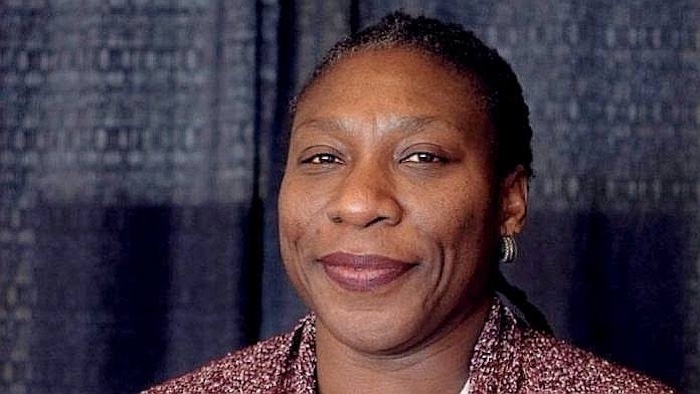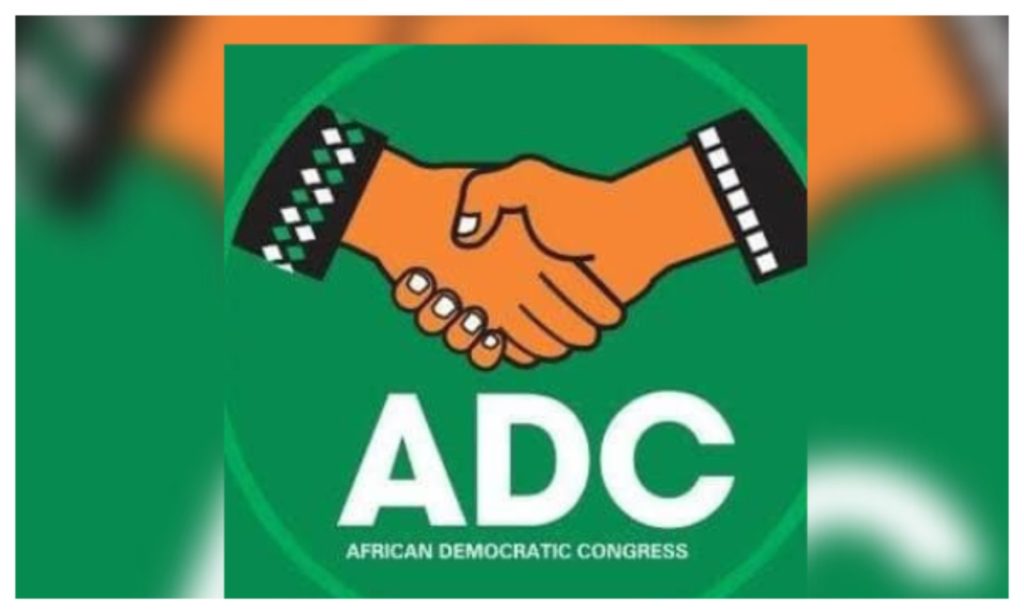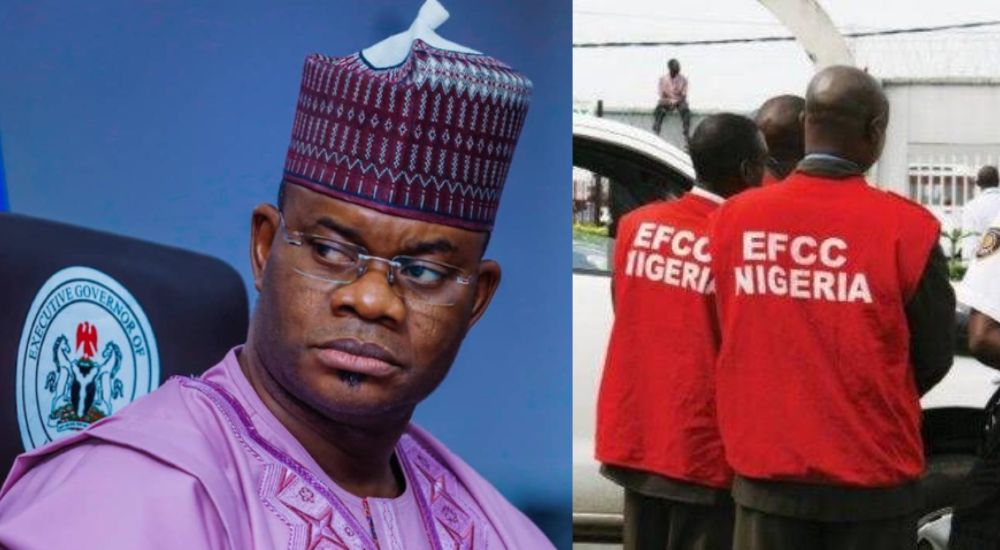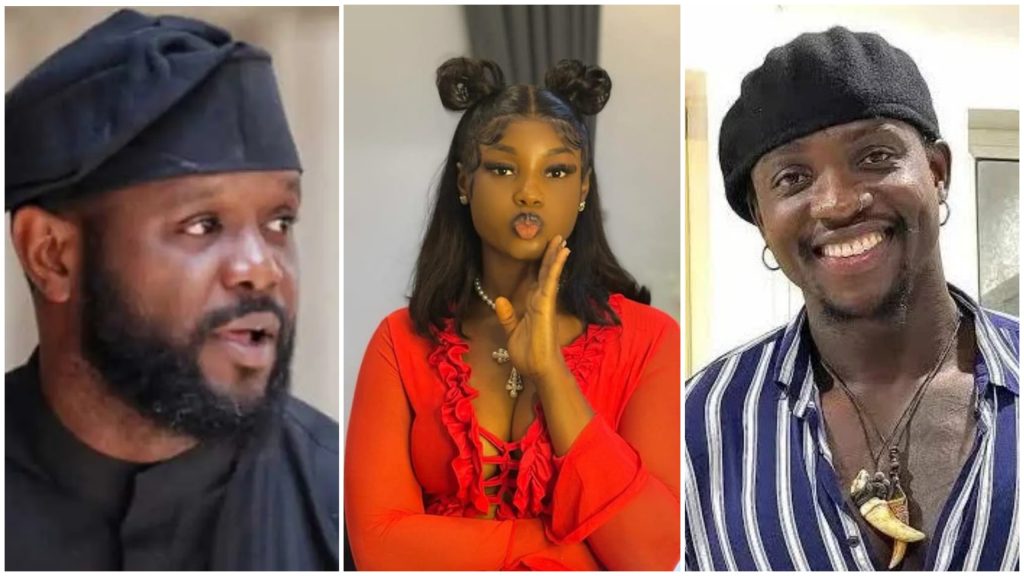Emerging American singer Jordan Adetunji has opened up about his deliberate choice to retain his Nigerian surname as his stage name, defying industry pressures to adopt a more “marketable” alias. During a candid conversation on The Dotty Show, the artist behind the viral track Kehlani emphasized that embracing his heritage took precedence over conforming to traditional expectations.
Adetunji shared that early in his career, advisors and peers frequently suggested he shorten or alter his last name, arguing it lacked the commercial appeal often associated with stage personas. He resisted, however, drawing inspiration from global superstars like Justin Bieber, who maintained their birth names without compromise. “Why can Justin Bieber keep his? I’m a big fan, but that made me question the double standard,” he remarked. For Adetunji, the decision became a statement of identity: “I keep the name for a reason. I am proud to be Nigerian—why would I hide it?”
The singer’s defiance extends beyond personal choice. He directly addressed fans unfamiliar with the pronunciation of “Adetunji” (ah-deh-TOON-jee), urging them to learn it rather than expect simplification. “You’ve got to learn how to pronounce it,” he said, framing the request as a gesture of respect for cultural representation in an industry where non-Western names are often anglicized. His stance mirrors broader conversations about inclusivity, as artists of African descent increasingly challenge norms to celebrate their roots publicly.
While Adetunji did not specify whether the pushback affected his career trajectory, his resolve underscores a growing trend among diaspora artists to resist assimilationist pressures. Names like Burna Boy, Wizkid, and Tems have similarly normalized Yoruba and Igbo identifiers on global charts, reshaping perceptions of what constitutes a “marketable” brand in music.
By holding firm, Adetunji joins a wave of creatives redefining success on their own terms—proving that cultural authenticity and commercial viability need not clash. His message resonates beyond entertainment, reflecting a wider call for industries to embrace diversity rather than erase it. As he put it: “This name is my story. Changing it would mean erasing part of who I am.”



